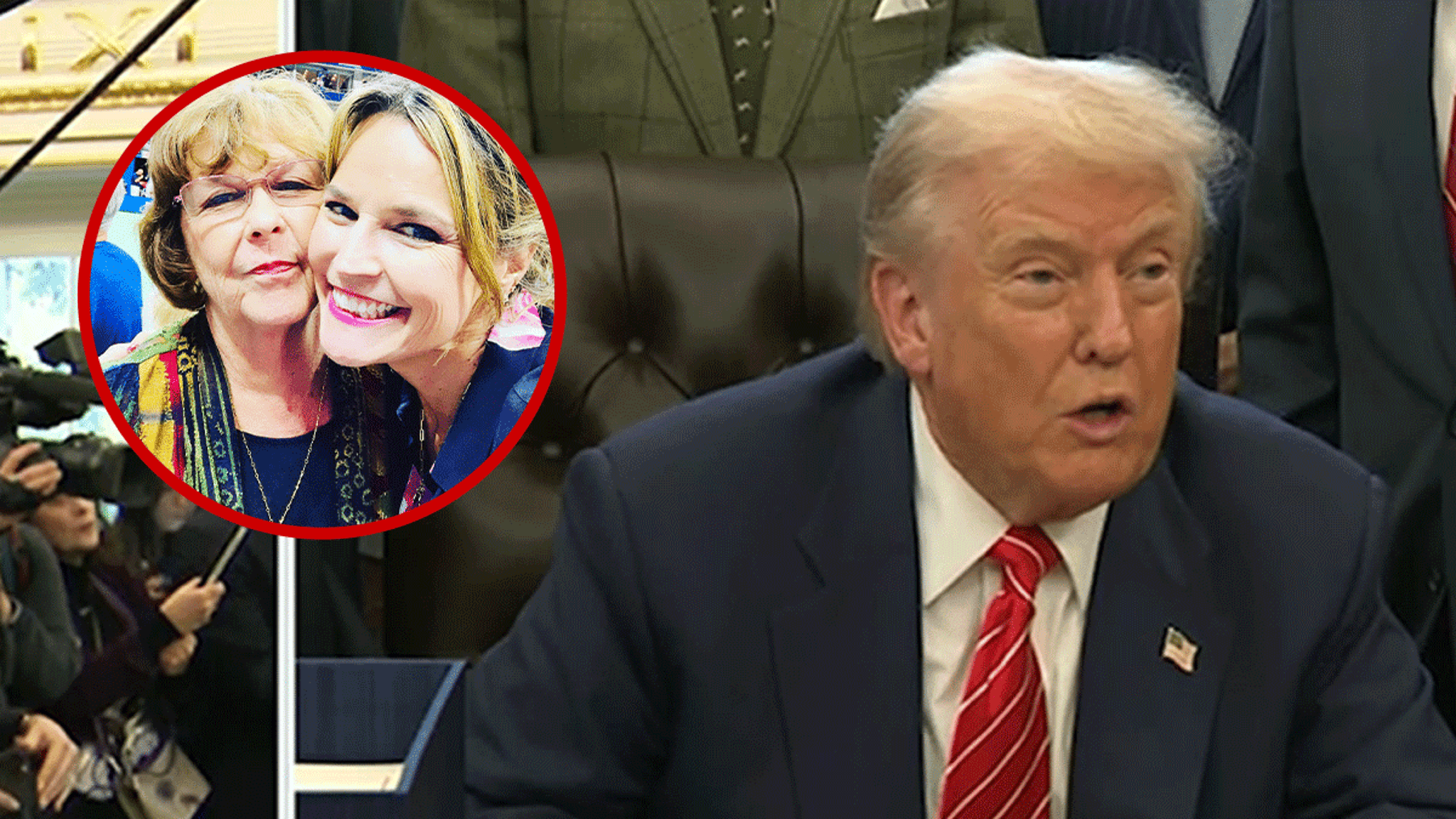Henry Kissinger, one of the key diplomats of the Cold War and a controversial National Security Advisor and Secretary of State for Richard Nixon and Gerald Ford, died tonight in his home in Connecticut at the age of 100.
A consultant to almost every President of the United States since leaving the State Department in 1977, Kissinger was instrumental in the historic opening to China in 1972. He was also a hawk during the Vietnam War and other moves in the so-called Great Game of geopolitics, a master of Washington DC inside fighter and Middle East shuttle diplomacy. With a Realpolitik legacy that is as complicated as any American statesman, the pragmatic and cynical German-born Kissinger was a much lauded and criticized recipient of the Nobel Peace Prize in 1973 for his role in ending the war in Southeast Asia.
Born Heinz Alfred Kissinger on May 27, 1923 in Fuerth in the state of Bavaria, the Jewish young man and his family fled the Nazis and Germany in 1938. Becoming a naturalized U.S. citizen in 1943, Kissinger served in the US Army in the last days of World War II before attending Harvard on a scholarship. Earning his doctorate foreign policy in 1954, the ambitious Kissinger was a member of Harvard’s faculty almost two decades.
However, the man who loved to tell foes and friends that “power is the great aphrodisiac, Kissinger had great designs than mere academia. ingratiating himself to various Democrats and Republican contenders, such as New York Gov. Nelson Rockefeller, over the 1960s, and leaking information to one side to play against the other, Kissinger eventually found himself as Nixon’s National Security Advisor in 1969.

U.S. President Richard Nixon (left) and Henry Kissinger, National Security Adviser and Secretary of State, at the White House – Getty Images
It was a odd and sometimes competitive relationship between the two men that would change world history, see the overthrowing of elected governments in Chile and elsewhere, and found now Sec of State Kissinger as the de facto POTUS during the Yom Kipper War of 1973 as Nixon drowned in the Watergate scandal. The alliance and distrust between the two also led in no small part, via the Pentagon Papers and the installation of taping devices in the Nixon White House, to Nixon’s resignation in 1974 and put Ford, America’s first and only unelected president so far, in office.
MORE







